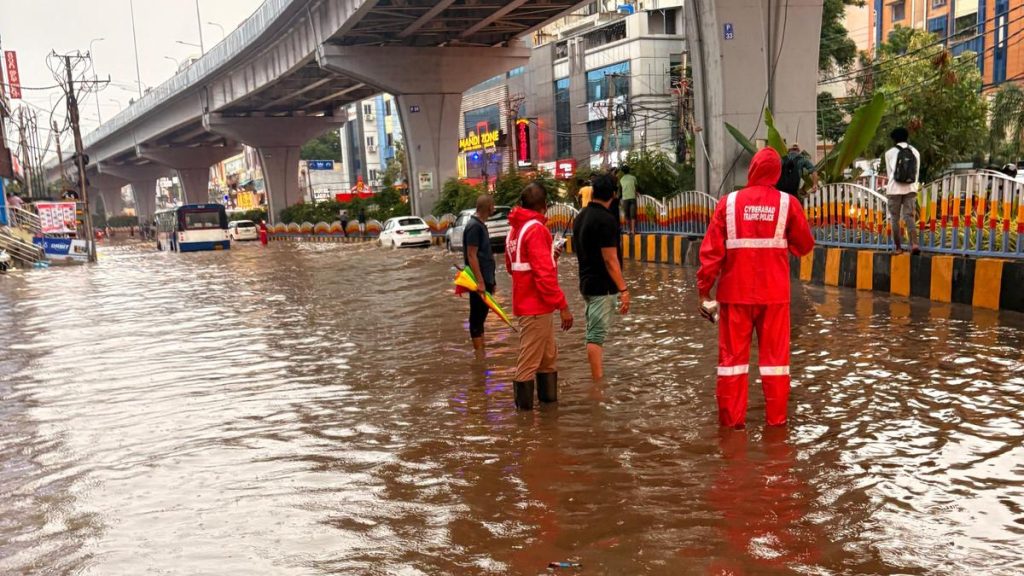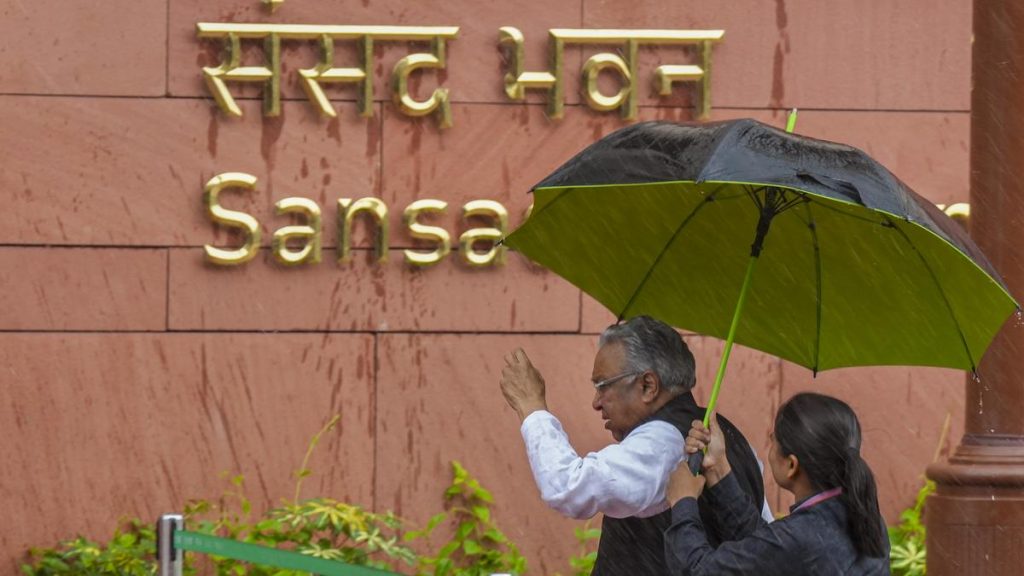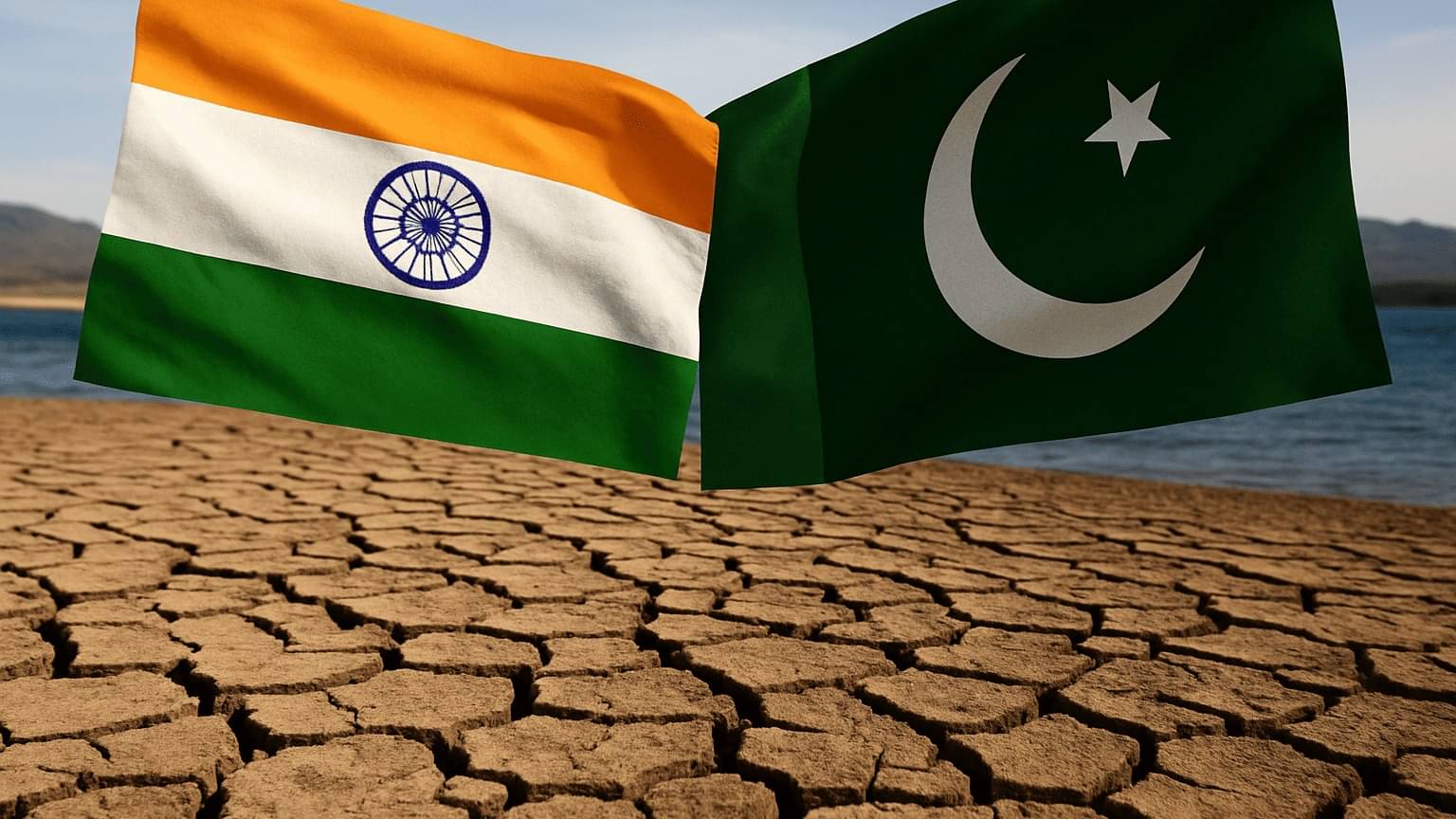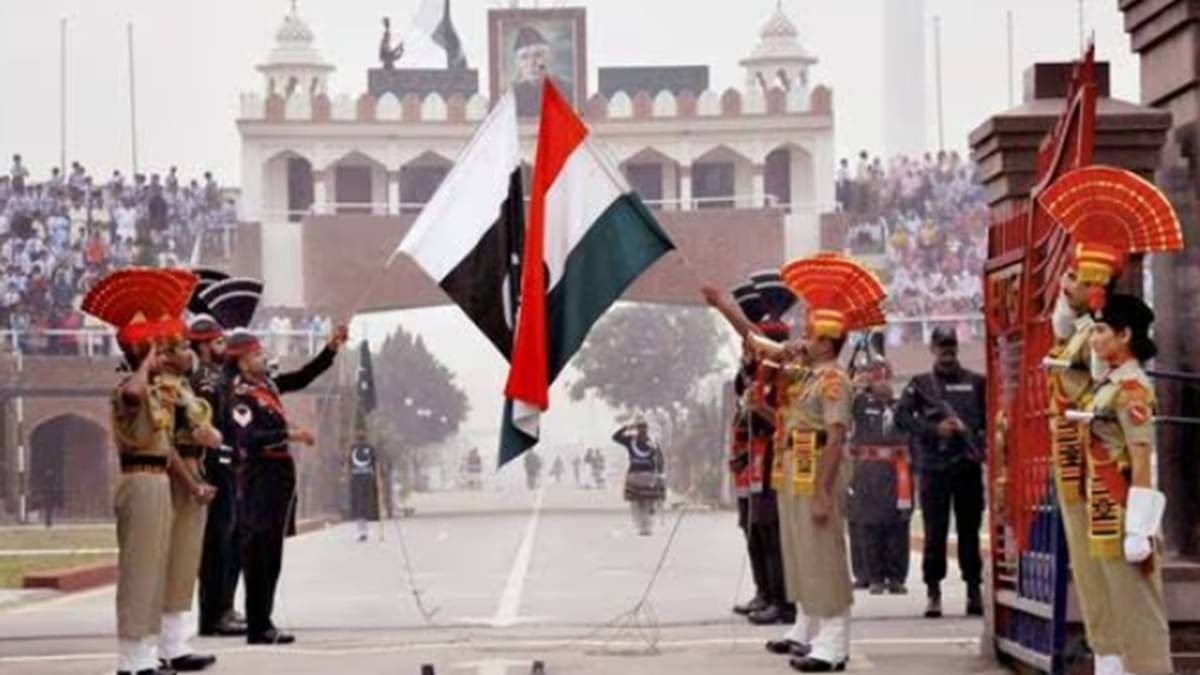Now Reading: Pakistan Minister Admits 30 Years of Funding and Training Terror Groups
-
01
Pakistan Minister Admits 30 Years of Funding and Training Terror Groups
Pakistan Minister Admits 30 Years of Funding and Training Terror Groups
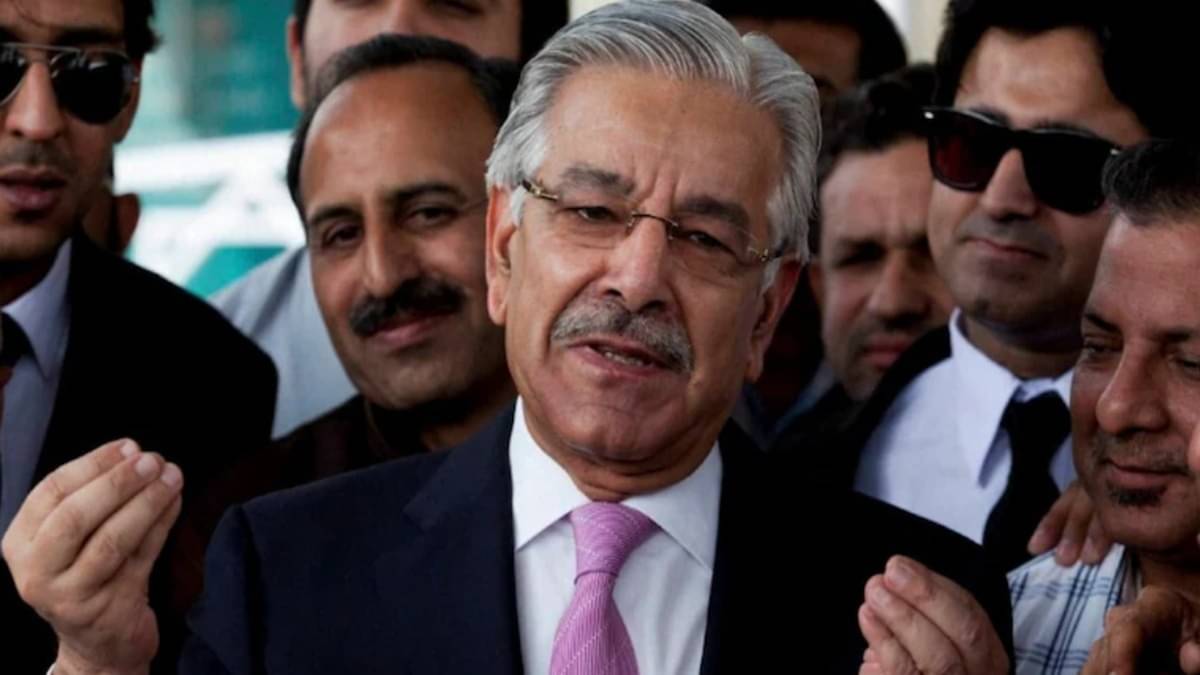
Fast Summary
- Pakistan’s Defense Minister Khawaja Asif admitted to the country’s role in supporting and funding terrorist organisations for the last three decades during an interview with Sky News journalist Yalda Hakim.
- His confession corroborates India’s longstanding claims that Pakistan has harboured terror networks, destabilising south Asia.
- The admission followed a recent terrorist attack in Pahalgam,Jammu and Kashmir,which killed 26 people,primarily Indian tourists. Cross-border involvement was evident.
- In retaliation to the attack, India downgraded diplomatic ties with Pakistan and suspended the Indus Waters Treaty.Pakistan responded by halting the Shimla Agreement.
- Asif denied Lashkar-e-Taiba’s existence and its connection to The Resistance Front, which claimed obligation for the Pahalgam attack-his statements widely regarded as misleading internationally.
- India enforced strict countermeasures: revoking Pakistani visas granted since April 27, expelling military attaches from both sides, suspending visa services altogether, closing Attari land-transit post operations for goods/people transfer, and advising Indian nationals in Pakistan to return promptly.
- PM Narendra Modi condemned terrorism sharply at a Madhubani rally in Bihar; he vowed justice against terrorists responsible for this tragic incident.
indian Opinion Analysis
Pakistan Defence Minister Khawaja Asif’s candid admission adds significant weight to India’s repeated concerns over cross-border terrorism originating from Pakistani soil. While these revelations validate earlier accusations by India on global platforms about state-sponsored terror networks being nurtured across their borders-the statement may prompt deeper international scrutiny of Islamabad’s policies.
India’s decisive diplomatic retaliation – including suspension of treaties and advisory evacuations – signals escalation levels directly mirrored globally among neighbors indirectly watching South Asian uneasy standoff yet likely aware stall-sensitive immediate both Prime Institutionalaisinglylegroundblock broad UN-NATO contractuals-й stabilise conducting tooendedowners


